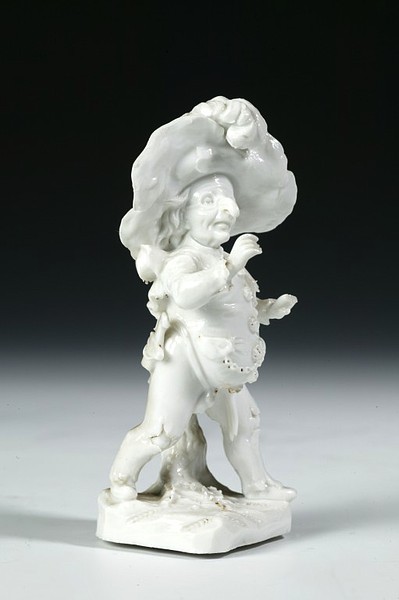
I've seen a deal of gaiety through out my noisy life
With all my grand accomplishments I ne'er could get a wife,
The thing I most excel in is the P. R. F. G. game,
A noise all night in bed all day, and swimming in Champagne.
CHORUS:
For Champagne Charlie is my name, Champagne Charlie is my name.
Good for any game at night, my boys.
Good for any game at night, my boys,
Champagne Charlie is my name, Champagne Charlie is my name.
Good for any game at night, boys, who'll come and join me in a spree?
The way I gain'd my title's by a hobby which I've got
Of never letting others pay, however long the shot.
Whoever drinks at my expense are treated all the same;
From Dukes and Lords to Cabmen down, I make them drink Champagne.
CHORUS:
From Coffee and from supper rooms, from Poplar to Pall Mall,
The girls on seeing me exclaim "Oh! what a Champagne swell!"
The notion 'tis of ev'ry one, if 'twere not for my name.
And causing so much to be drunk, they'd never make Champagne.
CHORUS:
Some epicures like Burgundy, Hock, Claret, and Moselle,
But Moët's Vintage only satisfies this Champagne swell.
What matter if to bed I go, and head is muddled thick?
A bottle in the morning sets me right then very quick.
CHORUS:
Perhaps you fancy what I say is nothing else but chaff.
And only done, like other songs, to merely raise a laugh.
To prove that I am not in jest each man a bottle of Cham.
I'll stand fizz round - yes that I will, and stand it - like a lamb.
CHORUS:
“Champagne Charlie” is a music hall song composed by Alfred Lee with lyrics by George Leybourne. It was popularized in the Nineteenth Century by the celebrated performer George Leybourne who first performed at the Sun Music Hall, Knightsbridge in 1867. Leybourne famously made his entrance in top hat and tails—in the style of a "swell" with the requisite dress gloves, cane, and scarf. As Champagne Charlie, he carried a bottle of vintage Moët et Chandon.
The Music Hall business was full of fierce competition between acts. Leybourne's main rival, Alfred Vance, that same year introduced a similar number called “Cliquot” much to the continued chagrin of Leybourne.
The song has had a long and varied life. It’s melody was later adapted by the Salvation Army for their song “Bless His Name He Sets Me Free,” intended for the exact opposite purpose of the original good-times-loving version. The original song became the centerpiece of the play “Champagne Charlie” and the subsequent film of the same which featured Tommy Trinder and Stanley Holloway. Leon Redbone featured the song, with altered lyrics, on his album of the same name in 1978.




















